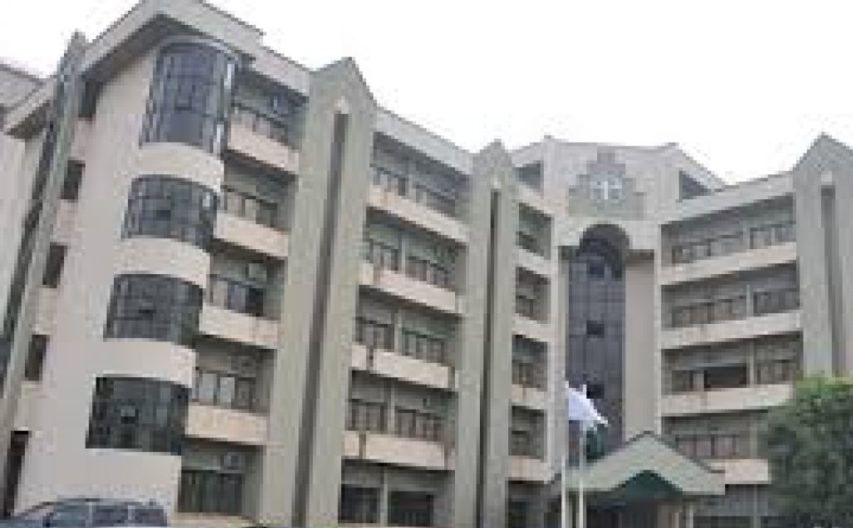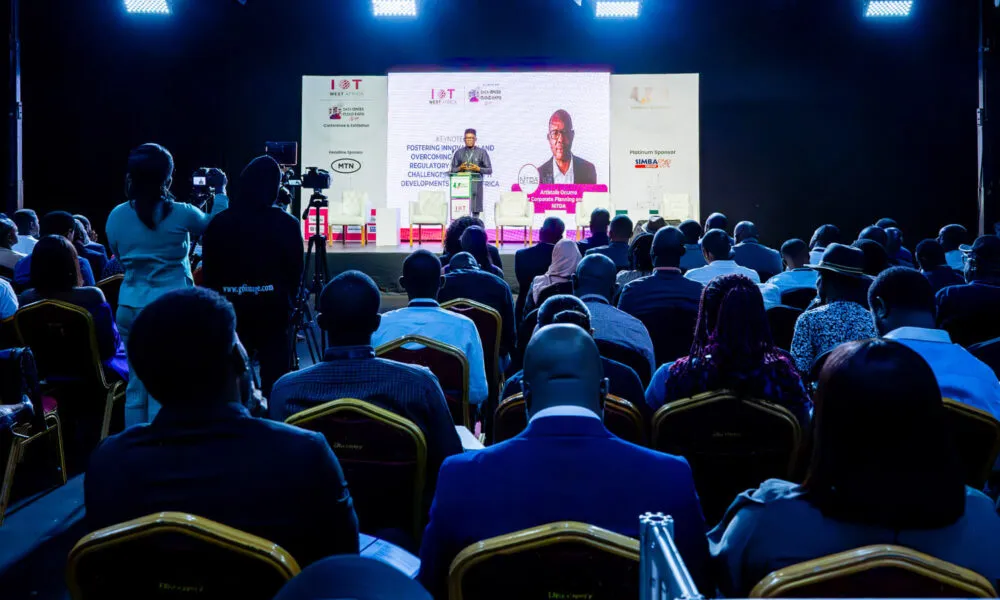
The Federal Government has assured of its commitment to the completion of eight building projects of the National Human Rights Commission (NHRC), including the newly completed Lagos office, by the end of 2024.
The Commission embarked on the construction and completion of nine new offices with the support of the Budget Office of the Federation and the National Assembly in 2019. While the Lagos office was awarded in 2019, eight others were awarded in 2020.
While eight building structures, including the Lagos office, out of the nine projects, are projected for completion in 2024, the 9th project is expected to be completed by 2025.
The Executive Secretary of the NHRC, Dr. Tony Ojukwu, said that the delivery period is between four and five years. This is due to the lean financial resources available to the Commission.
While expressing NHRC’s appreciation regarding the support it has received so far, he appealed to the National Assembly and the Budget Office for the appropriation of more funds to help the Commission further realise its mandate to provide adequate protection to Nigerians when rights are violated.
According to the Commission, some of the areas to further entrench its independence are adequate funding, constitution of the 22 remaining offices, resourcing the Human Rights Fund under the Act and amendment of the Act to reflect the 2023 observations of the subcommittee on accreditation that reviewed the status of NHRC.
Other urgent needs of the Commission include practice directions on recognition and enforcement of NHRC decisions, provision of investigation vehicles for the 36 state offices, digitisation of operations of the Commission and training and improved welfare of officers of the Commission.
Ojukwu said that the Commission had identified the ownership of its offices as one of the indices of its independence under the Paris Principles since inception, noting that inadequate financial resources had prevented it from continuing the trajectory of owning all its offices the way it started at inception, from 1996 to 2002.
He said: “At that period, it acquired its office structures in six geo-political headquarters of the country. However, due to the increasing need for the Commission to be represented in all parts of the country to address increasing complaints of human rights violations, the Commission had to resort to renting offices nationwide, as a stop-gap measure.”
Ojukwu added that to get back on track in sustaining its accreditation as an independent National Human Rights institution, there is a need for the Commission to continue its efforts to own its office structures to be able to ensure uninterrupted services to the people.












